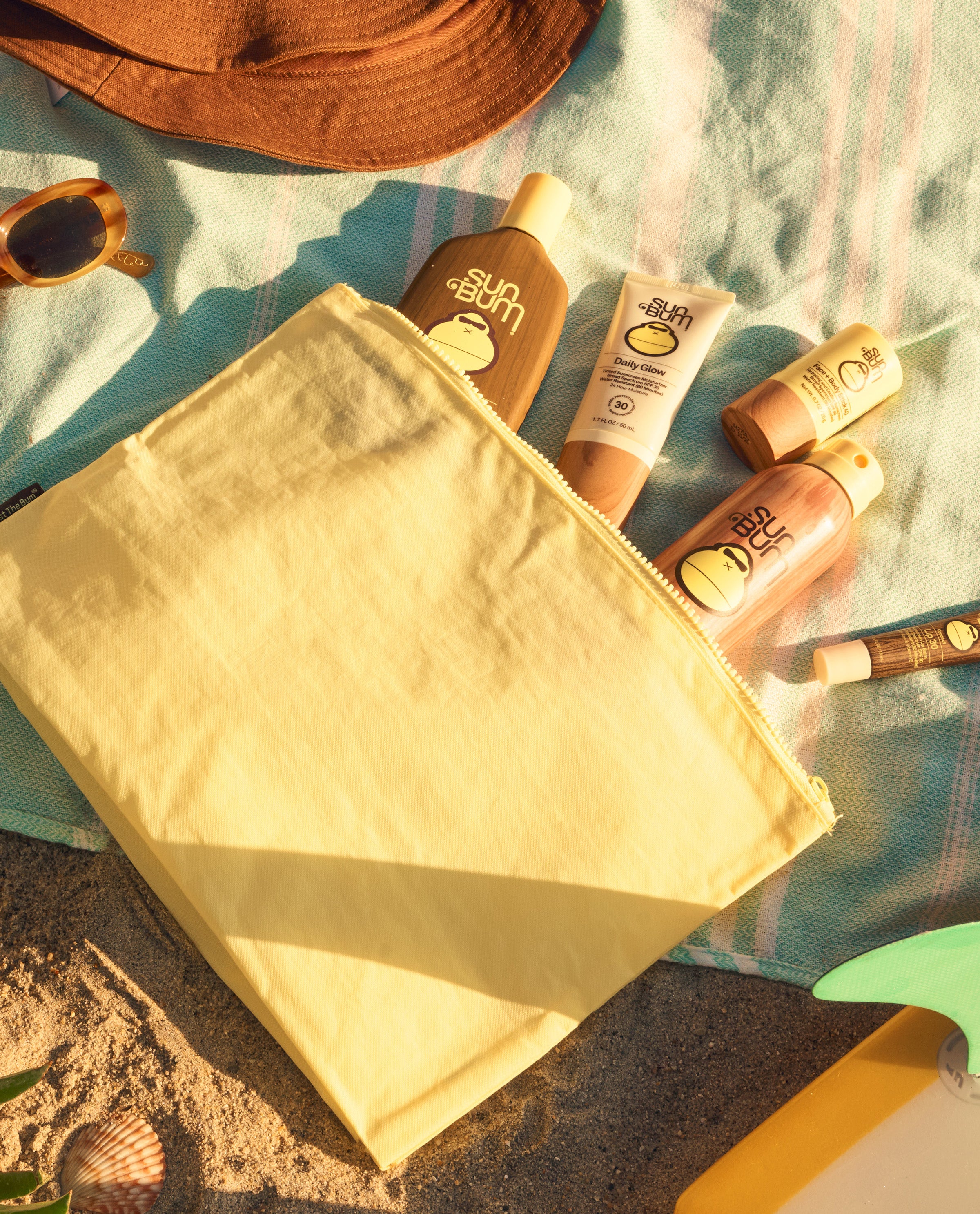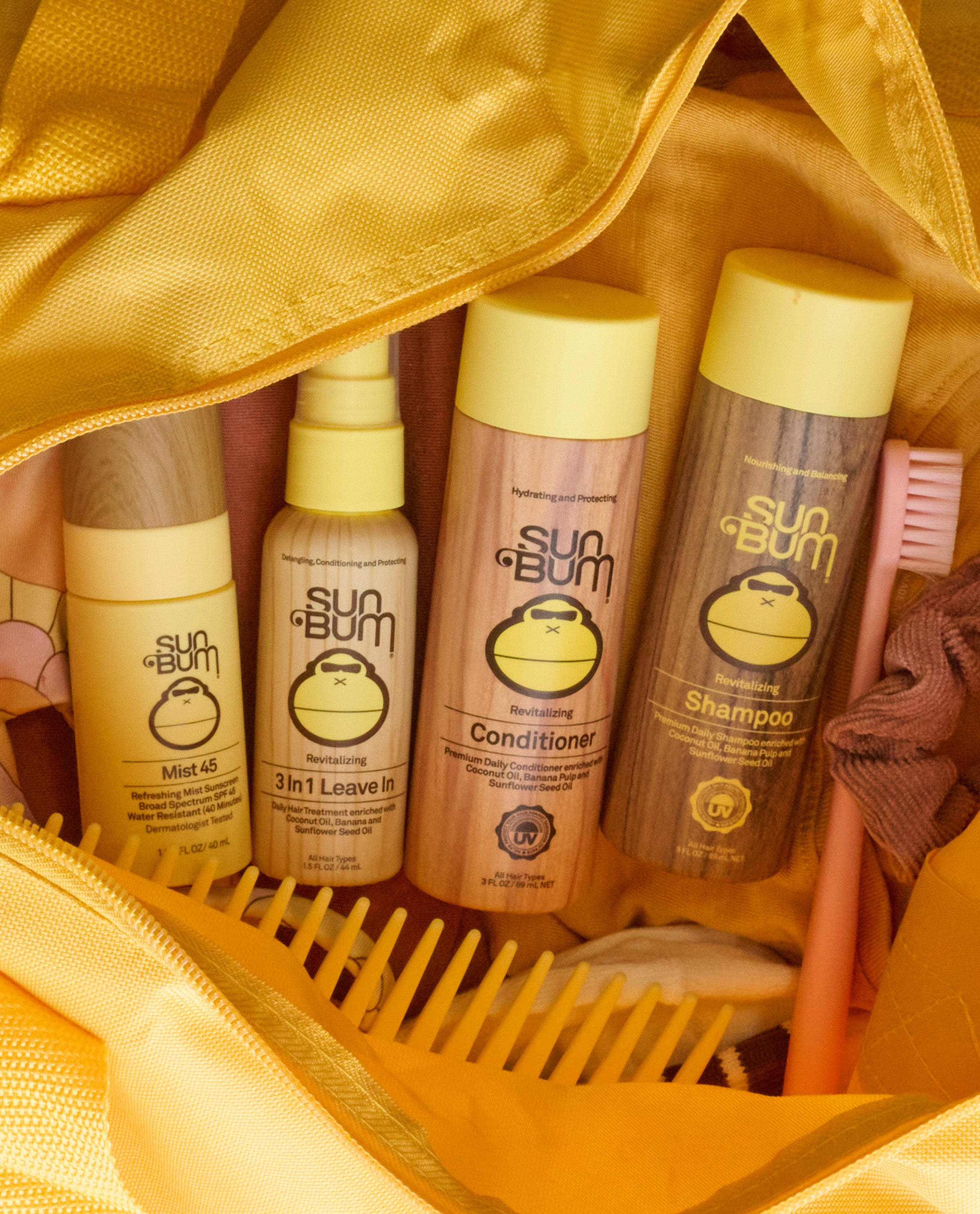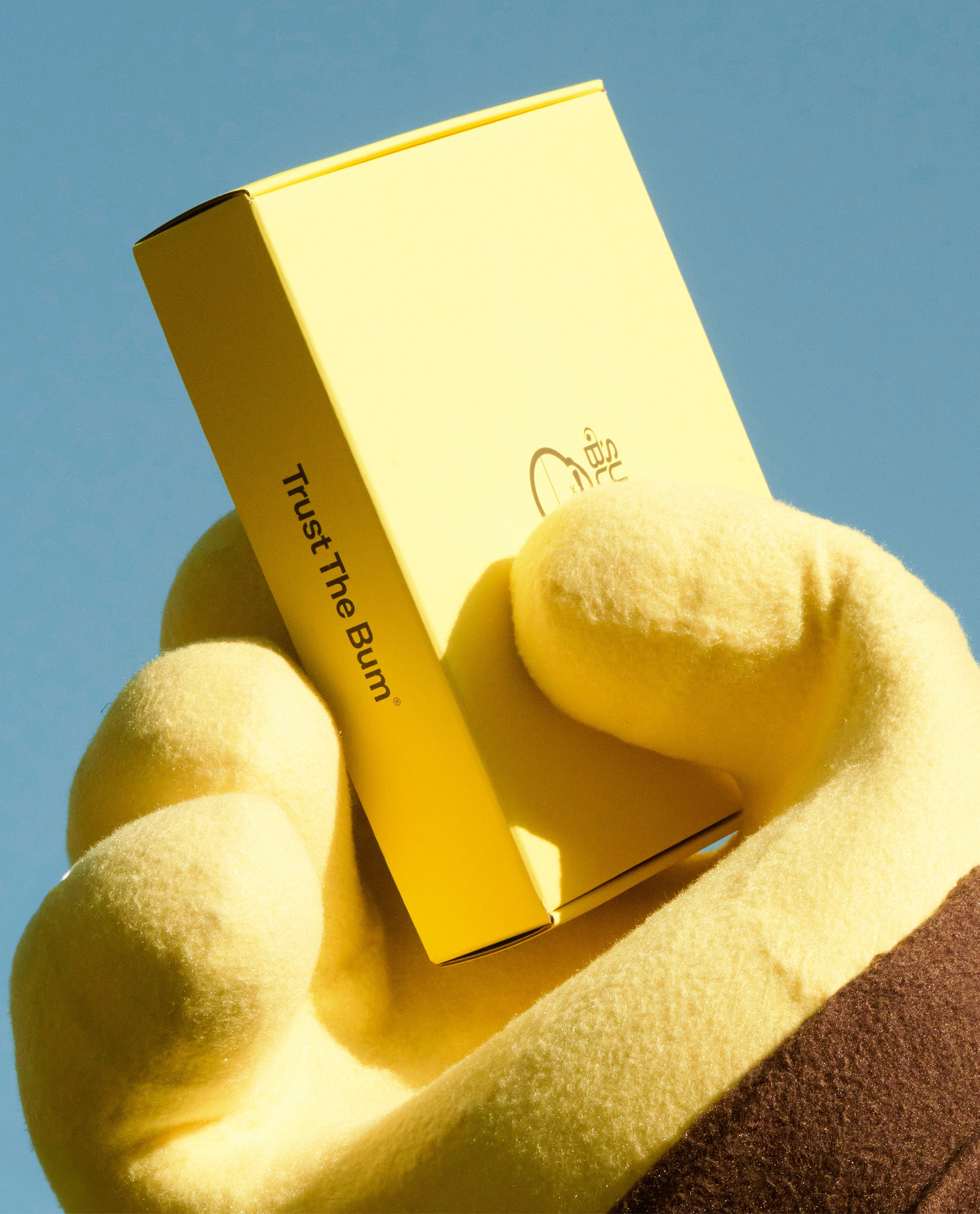Should You Wear Sunscreen in the Winter?
Even when the weather cools down, the question pops up: should you wear sunscreen in the winter? The answer is yes, and for good reason. The sun might feel softer this time of year, but UV rays are still there doing their thing. Even on cloudy or chilly days, those rays can reach your skin and cause damage over time. Think of sunscreen as your year-round protection, not just a summer essential. It’s one of those small, daily habits that keeps your skin looking and feeling good, whether you’re bundled up for a walk, catching a few waves, or heading to work.
Why You Should Wear Sunscreen in the Winter
Just because the temperature drops doesn’t mean the sun’s takes a vacation. Winter sun can be sneaky because it feels cooler outside, but UV rays are still working behind the scenes. In fact, winter months can expose your skin to just as much, if not more, UV radiation, especially if you spend time outdoors. Snow, ice, and even bright pavement can bounce sunlight back at your skin, doubling your exposure. Whether you’re bundled up for a mountain hike, running errands, or chasing waves on a crisp morning, SPF is still your best everyday layer of defense.
Increased UV Exposure During Winter Activities
Winter adventures usually mean spending more time outside, and that’s when UV rays can catch you off guard. If you’re skiing, snowboarding, or just hanging out in the snow, sunlight reflecting off white surfaces can intensify your exposure. The higher you go, the stronger the rays, since UV radiation increases with altitude. Applying sunscreen before heading out and reapplying every couple of hours keeps your skin protected while you enjoy the view. Even on overcast days, UV rays can reach your skin, so daily protection still matters.
Protection Against Skin Cancer
No matter the season, protecting your skin from UV rays is one of the best ways to lower your risk of skin cancer. Even when the sun doesn’t feel strong, those invisible rays are still there. Dermatologists remind us that long term sun exposure adds up, and that’s why SPF isn’t just for summer days at the beach. Using sunscreen daily, even in winter, helps keep your skin healthy now and for years to come. It’s a simple step that makes a big difference in your overall skin health.
Skin Health and Appearance Benefits
Wearing sunscreen in the winter does more than protect against UV rays. It also helps your skin look and feel its best. Cold air and indoor heating can dry out your skin, but sunscreen adds a layer of moisture and helps prevent irritation, fine lines, and uneven tone. It’s like giving your skin a little extra love while defending it from everyday sun damage. Consistent SPF use helps your skin stay smooth, bright, and healthy all year long.
UV Radiation and Snow
Snow might look soft and harmless, but it actually packs a big punch when it comes to UV exposure. Fresh snow can reflect more than half of the sun’s rays right back at you, which means your face, neck, and lips are getting hit from both directions. Even on cloudy days, UV radiation can bounce off bright surfaces and reach your skin. And if you’re spending time at higher elevations, those rays are even stronger because the air is thinner and less able to filter them out. Whether you’re skiing, snowboarding, or just walking the dog on a blue-sky day, sunscreen is your best defense against that double dose of sunlight.
How to Choose the Right Sunscreen for Winter
Picking the right winter sunscreen is a little different from summer, but it’s just as important. Cold air, wind, and dry indoor heat can all take a toll on your skin, so choosing a formula that protects and nourishes at the same time is key. You’ll want something that feels light, blends easily, and gives broad spectrum protection against both UVA and UVB rays. The right sunscreen won’t just defend against the sun — it’ll help your skin stay soft, hydrated, and happy through every season.
General Guidelines
When it comes to sunscreen in the winter, look for an SPF of at least 30 for everyday wear. If you’re spending a lot of time outside or around snow and water, SPF 50 is a great choice for extra coverage. Make sure your sunscreen says “broad spectrum” so you know it protects against both UVA and UVB rays. Water resistance is a nice bonus if you’re doing outdoor activities, and a lightweight, non greasy texture makes it easy to wear under your moisturizer or makeup. A little goes a long way — just make sure to apply it evenly and reapply every couple of hours if you’re outdoors.
Skin Type Considerations
Everyone’s skin is different, and the best sunscreen for you depends on what your skin loves. If your skin tends to be dry in the winter, look for sunscreens with added moisture like Vitamin E, shea butter, or natural oils to help lock in hydration. For oily or breakout-prone skin, a gel or matte finish sunscreen can help keep things balanced. Sensitive skin types might do best with mineral-based options that use zinc oxide or titanium dioxide for a gentler touch. The key is finding one that feels good, smells good, and makes you want to wear it every single day.
Winter Sun Safety Tips
Just because it’s cooler outside doesn’t mean your skin can take a break. Sun protection in winter is all about staying consistent and making a few small changes that go a long way. Here are some simple ways to keep your skin safe and feeling good when the temps drop.
1. Make SPF part of your morning routine.
Apply sunscreen every morning, even if you’re just heading to work or running errands. UV rays can reach your skin through clouds and windows, so daily protection is key.
2. Reapply when you’re outside for long periods.
If you’re skiing, snowboarding, or out in the sun for a few hours, reapply sunscreen every couple of hours to keep your protection strong.
3. Don’t forget the easy-to-miss spots.
Your nose, lips, ears, and the underside of your chin are some of the most sun-exposed areas in winter. A lip balm with SPF and a quick touch-up on those smaller areas make a big difference.
4. Pair your SPF with the right gear.
Sunglasses, hats, and face buffs don’t just keep you warm — they also add another layer of defense against UV rays bouncing off snow or water.
5. Keep your skin hydrated.
Cold air and indoor heat can dry your skin out fast. Layer sunscreen on top of your moisturizer to lock in hydration and create a smooth barrier against the elements.
6. Stay protected, even on cloudy days.
Up to 80 percent of UV rays can pass through clouds, so even when the sky looks gray, your skin still needs coverage. Think of sunscreen as your year-round shield, not a seasonal thing.
Winter Sunscreen FAQs
What SPF Is Recommended for Winter?
When you’re choosing your winter sunscreen, the key is broad-spectrum protection and at least SPF 30. That level gives you solid coverage against both UVA (which ages and damages skin long term) and UVB (which causes burns). Snow, ice, and high altitudes can boost your exposure, so if you’re outside for long periods or doing winter sports, a higher SPF like 50 makes sense. Also look for formulas that layer well under moisturizer or makeup, especially ones that keep your skin hydrated in cold, dry conditions.
Is SPF 50 Too Much for Winter?
Not at all. Using SPF 50 during winter is completely fine and can actually be a great choice for many people. A higher SPF offers extra protection when you’re spending time outside, especially in bright or snowy conditions where sunlight reflects off surfaces and increases UV exposure. It’s also a smart option for anyone with fair or sensitive skin. Instead of thinking SPF 50 is too much for winter, think of it as an added layer of defense that keeps your skin protected on those crisp, sunny days outdoors.
Does the UV Get High in the Winter?
Yes, it definitely can. Even when the air feels cool and the sky looks cloudy, UV radiation is still active. While UVB rays, the ones that cause sunburn, might be a little less intense in winter, UVA rays stay strong all year and can pass through clouds and even glass. If you’re in snowy or high-altitude places, your UV exposure can actually increase because sunlight reflects off surfaces like snow and ice, hitting your skin from above and below. That means winter conditions can be just as tough on your skin as summer ones, so sunscreen still matters every day.




















